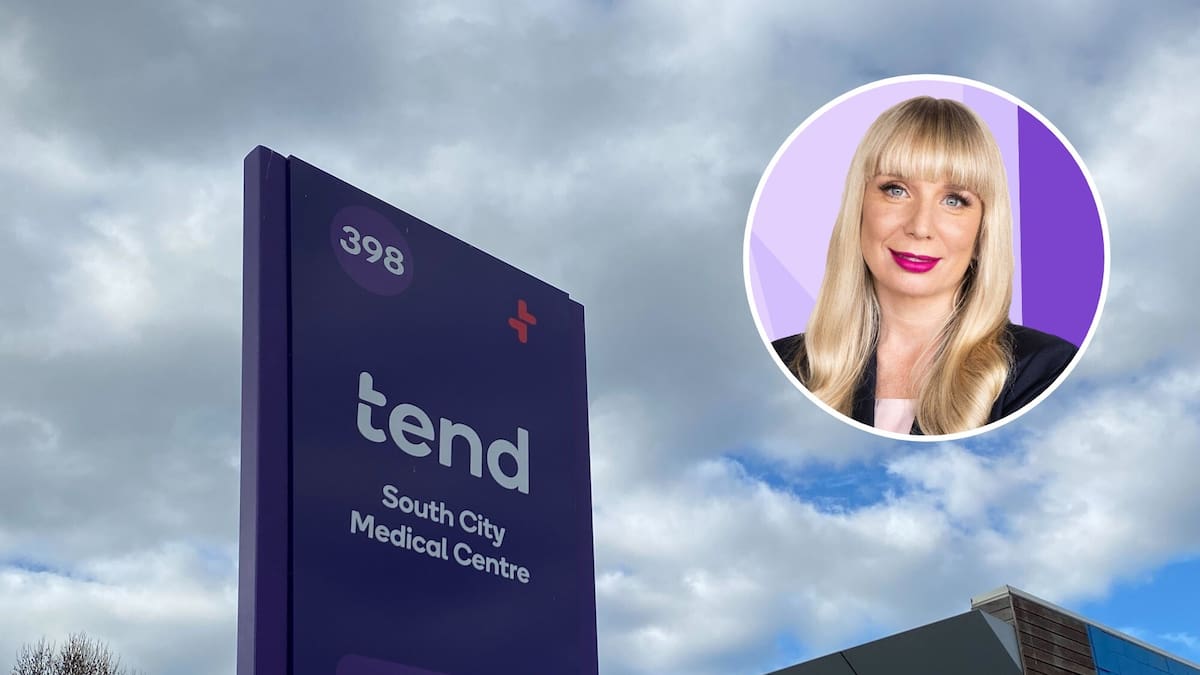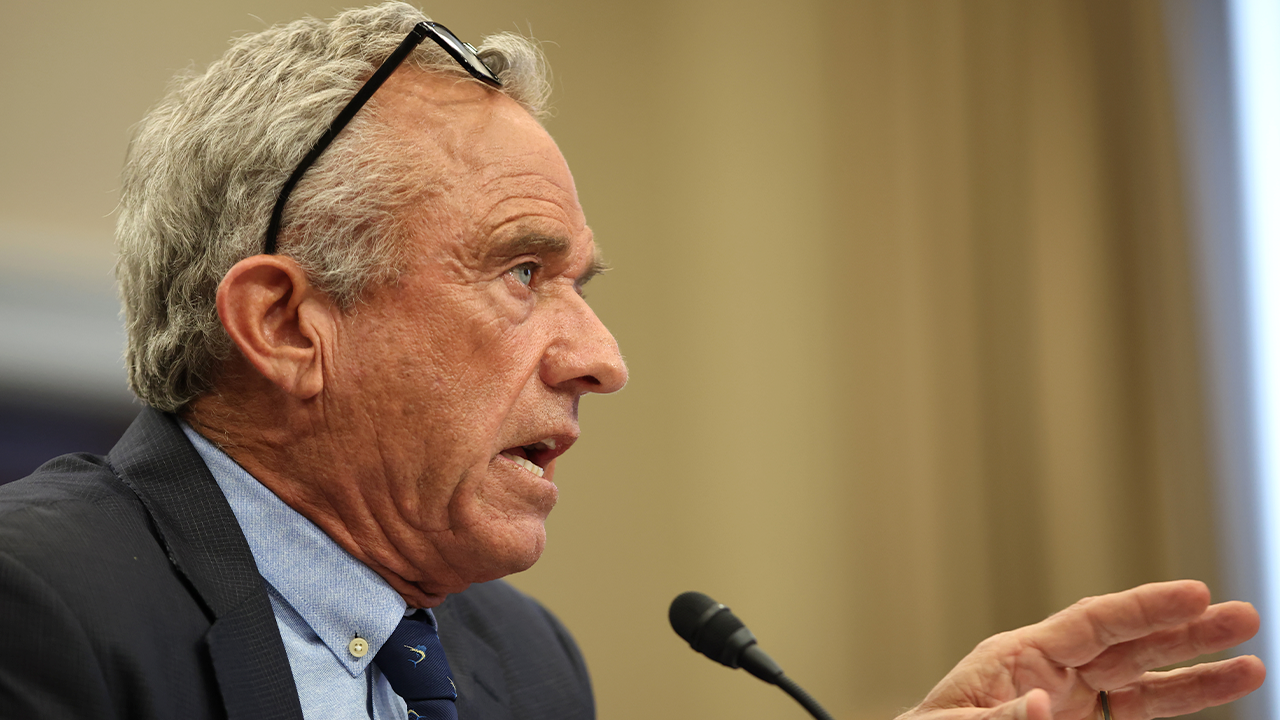Mental Health Days on the Rise in Singapore: Are We Facing a Burnout Crisis?

Singapore's workforce is facing increasing pressure, with a significant rise in employees taking mental health days off. Recent data reveals that a concerning number of Singaporeans are struggling with burnout and its impact on productivity. This article explores the growing trend of mental health days, the underlying causes, and what employers and individuals can do to address this critical issue.
The Growing Trend of Mental Health Days
The number of Singaporeans taking mental health days off work has seen a noticeable surge in recent months. While taking time off for physical illness is often accepted, acknowledging and addressing mental health concerns is a more recent development. It's no longer a taboo subject, and more and more people are recognizing the importance of prioritizing their mental wellbeing. However, this trend also raises concerns about the overall health and productivity of the nation's workforce.
Statistics That Raise Concerns
The statistics paint a worrying picture. Reports indicate that approximately one in four Singaporean workers are taking multiple mental health days. Furthermore, over a third of employees report that their productivity has been negatively impacted by poor mental health. This isn't just about feeling stressed; it's about a significant decline in performance and overall job satisfaction. The pressure to perform, long working hours, and a competitive environment are often cited as contributing factors.
Understanding the Root Causes: Burnout in Singapore
The term 'burnout' is increasingly prevalent, and for good reason. Burnout isn't simply feeling tired; it's a state of emotional, physical, and mental exhaustion caused by prolonged or excessive stress. In Singapore's context, several factors contribute to burnout:
- Long Working Hours: Singapore is known for its demanding work culture, with many employees working long hours and weekends.
- High-Pressure Environment: The competitive nature of the Singaporean economy creates a high-pressure environment where employees feel constantly under scrutiny.
- Lack of Work-Life Balance: Balancing work and personal life can be a significant challenge, leading to stress and exhaustion.
- Fear of Stigma: Despite increasing awareness, some employees still hesitate to seek help for mental health concerns due to fear of judgment or negative career consequences.
What Can Be Done? Solutions for Employers and Employees
Addressing this growing crisis requires a collaborative effort from both employers and employees:
For Employers:
- Promote Mental Health Awareness: Organize workshops and training sessions to educate employees about mental health and reduce stigma.
- Encourage Work-Life Balance: Implement policies that encourage employees to take breaks, utilize their annual leave, and disconnect from work outside of working hours.
- Provide Access to Mental Health Resources: Offer employee assistance programs (EAPs) or other mental health support services.
- Foster a Supportive Work Environment: Create a culture where employees feel comfortable discussing their mental health concerns without fear of reprisal.
For Employees:
- Prioritize Self-Care: Make time for activities that promote mental wellbeing, such as exercise, meditation, or spending time with loved ones.
- Set Boundaries: Learn to say 'no' to অতিরিক্ত commitments and establish clear boundaries between work and personal life.
- Seek Help When Needed: Don't hesitate to reach out to a therapist, counselor, or other mental health professional if you're struggling.
- Utilize Available Resources: Take advantage of any mental health support services offered by your employer.
Looking Ahead: Building a Healthier Workforce
The rise in mental health days is a wake-up call for Singapore. By addressing the underlying causes of burnout and prioritizing mental wellbeing, we can create a healthier, more productive workforce. It requires a shift in mindset, from viewing mental health as a weakness to recognizing it as an essential component of overall wellbeing. Investing in the mental health of our workforce is not just a moral imperative; it's also a smart business decision.






